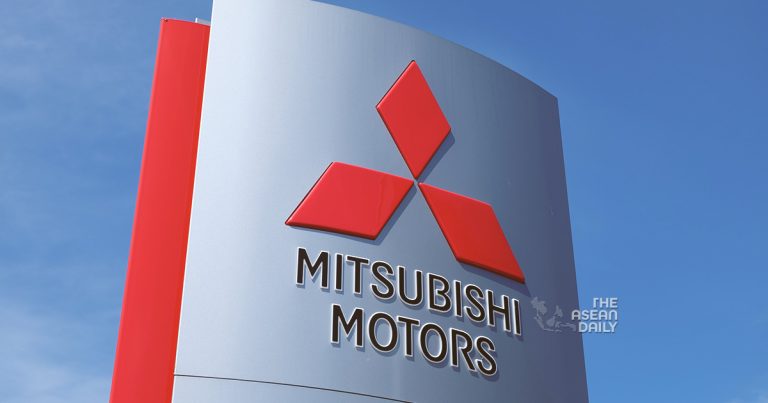9-8-2023 (JAKARTA) Indonesian industry circles are abuzz with news of an ambitious plan by Japanese automaker Mitsubishi Motors. The company is reportedly preparing to infuse a substantial investment of 5.7 trillion rupiah ($375.25 million) into its operations in the country, with the aim of significantly expanding its production capacity.
The industry ministry of Indonesia unveiled this development, indicating that Mitsubishi Motors has set its sights on the year 2024 as a pivotal juncture for growth. The proposed investment is earmarked to bolster production capacity, with aspirations to reach an impressive output of up to 250,000 units annually by 2024. Additionally, the automaker is poised to introduce the production of the Minicab-MiEV battery electric vehicle at its Indonesian plant by the close of the current year.
A spokesperson from the company confirmed a high-level meeting between Mitsubishi Motors executives from Tokyo headquarters and Indonesian industry minister Agus Gumiwang Kartasasmita, underscoring the significance of the strategic discussions. However, the spokesperson refrained from offering further insights.
Indonesia has proactively extended incentives to attract investments within the electric vehicle (EV) production domain. Notably, the government is actively considering the removal of import duties and value-added tax on completely built-up (CBU) EVs for companies investing in domestic EV manufacturing. Industry Minister Agus Gumiwang Kartasasmita expressed optimism that this potential policy shift could galvanize investment and stimulate demand for EV adoption.
“We are optimistic that, if implemented, this can boost investment and increase demand to use EVs,” Agus Kartasasmita affirmed.
In parallel to these developments in Indonesia, Mitsubishi Motors is reportedly set to initiate the production of hybrid vehicles in Thailand during the early months of the upcoming year. This significant step is poised to mark the automaker’s inaugural foray into overseas hybrid production. However, Mitsubishi Motors declined to comment on this particular report.
The broader context of these advancements within the company’s strategic agenda is the evolving automotive landscape. Japanese automakers have been grappling with challenges, particularly in key markets such as China. Additionally, intensified competition from Chinese counterparts in Thailand has compelled a recalibration of approach, especially in the realm of electric vehicles.
Mitsubishi’s experience in China serves as a testament to these dynamics. The automaker’s joint venture with Guangzhou Automobile Group (GAC) faced setbacks, necessitating workforce reductions after production of the new Outlander sports utility vehicle was abruptly halted shortly after its debut in December.
In terms of sales performance, Mitsubishi reported a combined total of 120,000 retail and wholesale vehicle sales within the ASEAN region for the three months concluding on June 30. This figure marked a marginal decline of 1.6 percent compared to the corresponding period in the previous year.
Specifically in Thailand, the company’s retail and wholesale sales experienced a more notable dip, plummeting from 25,000 units in the prior year to 17,000 units during the same time frame.




